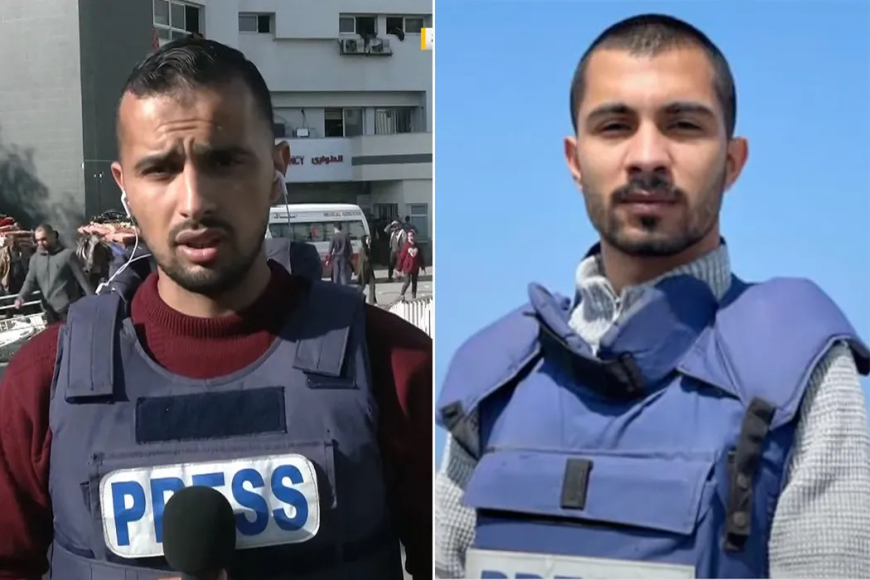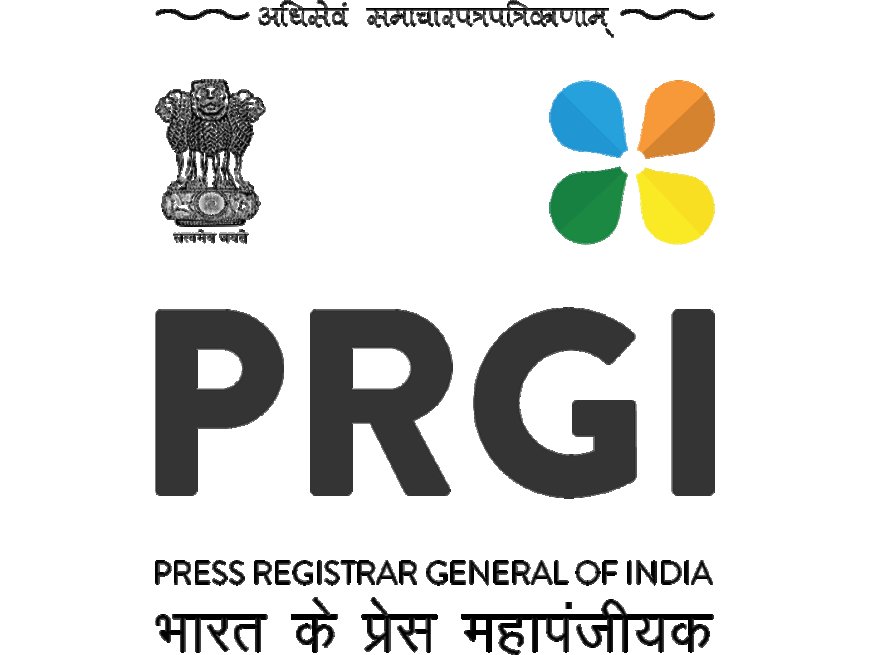Journalists Silenced: Al Jazeera Reporter Anas Al-Sharif Killed in Gaza Airstrike Sparks Global Outcry
In an August 10, 2025 Gaza airstrike, Al Jazeera correspondent Anas Al-Sharif and four colleagues were killed. Israel's justification lacks evidence, drawing international condemnation for press freedom violations.

In a devastating blow to press freedom, five Al Jazeera journalists—including prominent correspondent Anas Al-Sharif—were killed in an Israeli airstrike on a media tent outside Al-Shifa Hospital in Gaza City. The deaths, confirmed by Israel and widely condemned by global media rights organizations, have sent shockwaves through the international community, once again spotlighting the perils journalists face in conflict zones.The GuardianReutersAl JazeeraElHuffPost
The Strike and Its Immediate Fallout
According to official statements, the Israeli Defense Forces (IDF) targeted Al-Sharif in the strike, accusing him of acting as a Hamas operative involved in orchestrating rocket attacks.Reuters+1The Times of IndiaAsiaOne The tent where he and four colleagues were working became the epicenter of the attack, resulting in seven deaths overall—including Al-Sharif, Mohammed Qreiqeh, Ibrahim Zaher, Mohammed Noufal, and Moamen Aliwa.The GuardianReutersAl Jazeera
In response, Al Jazeera denounced the strike as a “targeted assassination” and “a desperate attempt to silence critical voices.”The GuardianTheWrap Rights advocates and the Committee to Protect Journalists (CPJ) condemned the killings, citing the lack of verifiable evidence behind military claims and warning of heightened risks to journalists covering conflicts.Committee to Protect JournalistsWikipedia UN Special Rapporteur Irene Khan echoed the criticism, stating Israel’s allegations lacked substantiation.Reuters+1
Who Was Anas Al-Sharif?
Born in Jabalia refugee camp in 1996, Al-Sharif rose to prominence as a frontline correspondent for Al Jazeera Arabic, courageously reporting from northern Gaza since the war began. He continued his work despite experiencing repeated personal losses, including the death of his father in an airstrike.Wikipedia Known for his resolve and dedication, Al-Sharif often reported amidst bombardments, providing critical coverage in one of the world’s most dangerous reporting environments.
Just moments before the strike, he posted a harrowing update on social media: “Relentless bombardment… For two hours, the Israeli aggression has intensified on Gaza City.”BNO NewsTheWrap Following his death, a moving message—crafted in anticipation—was published from his account:
“If these words reach you, know that Israel has succeeded in killing me and silencing my voice.”www.ndtv.comTheWrap
Global Reaction: Outcry, Condemnation, and Mourning
The killings reignited global concern over the suppression of independent journalism in conflict. The CPJ labeled Israel’s actions a dangerous precedent, emphasizing that journalists must never be targeted, and urging accountability.Committee to Protect JournalistsWikipedia
Advocacy groups, including Reporters Without Borders (RSF) and UN experts, underscored the chronic impunity surrounding journalist attacks in Gaza. They have repeatedly called for independent investigations and legal redress.Wikipedia+1
The Qatari government, home to Al Jazeera, demanded accountability while human rights organizations warned the attack sharply undercuts the possibility of a free and functioning press in Gaza.
Press Freedom Under Fire in Gaza’s Conflict
The incident marks yet another tragic milestone in a relentless toll on journalists. Estimates indicate over 200 media workers have been killed since the Gaza war began in October 2023, making it one of the deadliest conflicts in recent memory for journalists.Bangla newsWikipedia+1
Israel’s repeated accusations against journalists—often framed as militants without transparent evidence—have raised serious alarm about targeting voices that bear witness and hold power to account.Wikipedia+1
Broader Implications: Ethics, War Reporting, and Free Press
The saga of Anas Al-Sharif intersects with broader debates around:
-
The role of journalism in conflict zones: Journalists like Al-Sharif often risk everything to report truths that authorities prefer to suppress.
-
International humanitarian law: Press professionals are civilians protected under Geneva Conventions, and targeting them may constitute war crimes.
-
Digital activism and global solidarity: His final words and footage continue to circulate widely, amplifying calls for justice and policy reform.
What Comes Next
-
Calls for Investigation: Rights organizations are pushing for an independent probe into the strike, with potential referrals to international judicial bodies such as the International Criminal Court.
-
Diplomatic Responses: Global institutions, including the UN, are expected to discuss the implications of journalist safety at elevated levels.
-
Ongoing Reporting: Despite growing risks, journalists within Gaza press on—an enduring tribute to Al-Sharif’s legacy.











